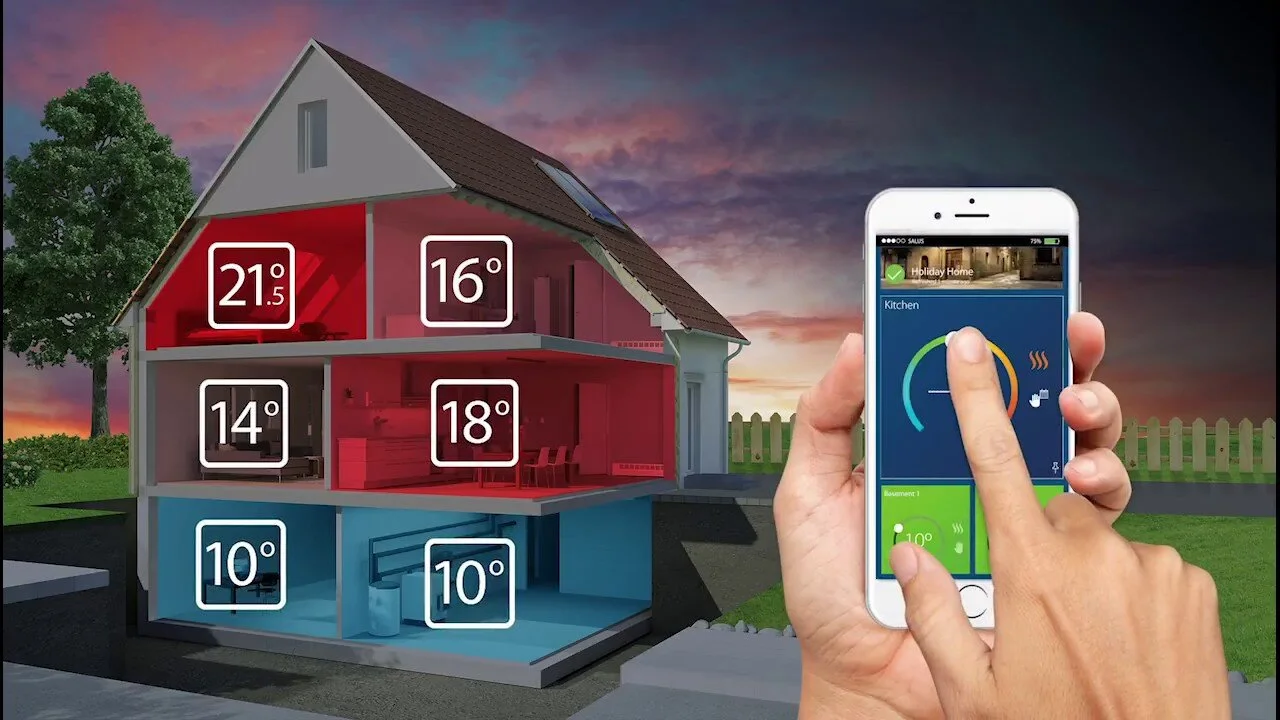Your central heating systems is one of the most important part of your homes especially throughout the cold winter months. In order to have a warm and comfortable home, it's important to ensure that your central heating system is maintained so that it is working efficiently and is safe.
When carried out by a qualified and registered heating engineers, a central heating service is an ideal way to provide peace of mind that your boiler and radiators are working as they should be.
1. What is a central heating service?
It is recommended that your central heating is serviced once a year to ensure it is working in tip-top condition. It primarily ensures that the boiler is working safely and efficiently.
Your
A qualified engineer should perform the central heating service by thoroughly checking the components and aspects of your boiler. This includes ensuring that there are no carbon monoxide leaks that could pose a serious risk to you and your family’s health.
A central heating service can even help you save money on your bills by ensuring that the entire system is working as efficiently as possible to heat up your home. Ultimately, a central heating service can help detect smaller issues before they become bigger problems!
2. How much is a service for central heating?
As service for central heating can vary depending on where you live, however, the average cost in the UK for one is in the region of £100. When you consider how much new boilers are to install if your central heating system breaks down.
3. When to get your central heating system serviced
The last thing any homeowner wants is their boilers and radiators breaking down in the depth of winter. Imagine trying to warm your home when it's blowing a gale or it's snowing outside. Unfortunately, if your central heating system is going to break down, you can’t control the time of the year, therefore it's always a good idea to get an annual central heating service to ensure that it is in working order 12 months of the year. It can help avoid any unwanted call-outs or issues during winter when you need it most!
At Abbey Boilers, our experts have years of experience providing comprehensive central heating servicing to our clients’ homes in the South East.
Speak to one of our friendly team members today to find out more about our central heating servicing solutions.













